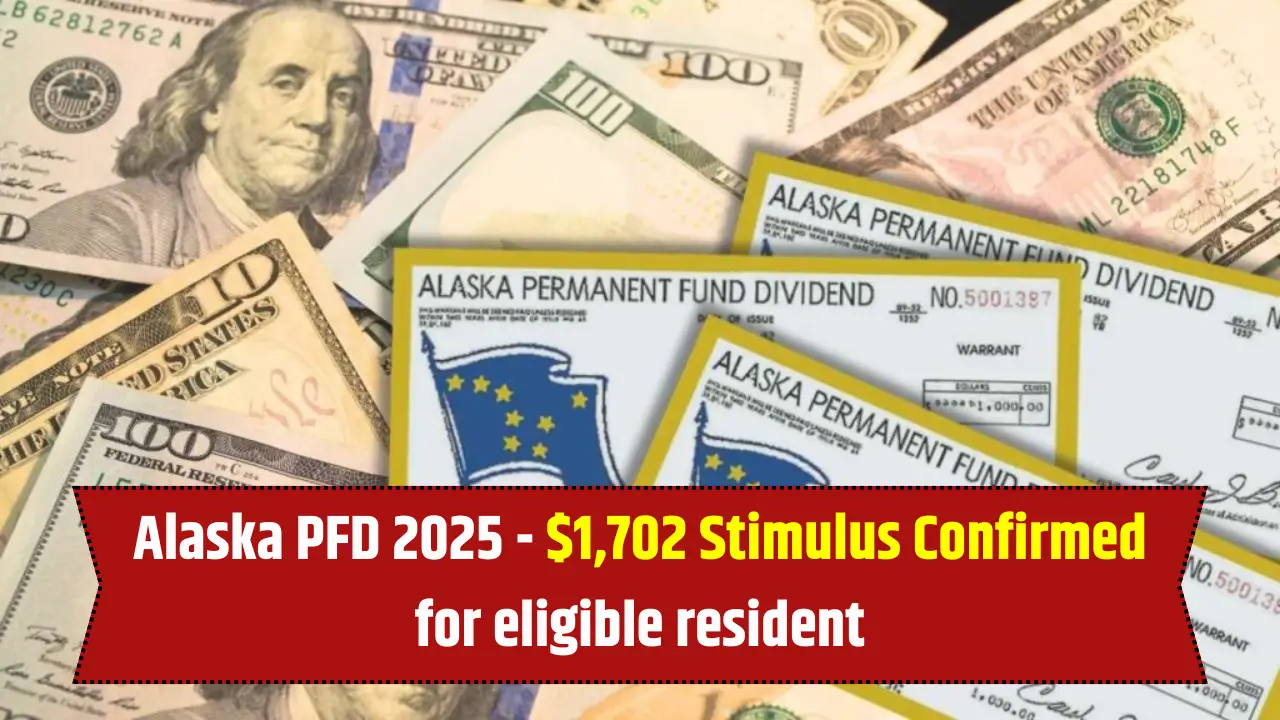The new UK driving rule change for seniors, effective from September 2025, marks one of the most significant shifts in licencing and road safety policies affecting older drivers in the country.
This reform, introduced by the Driver and Vehicle Licensing Agency (DVLA), aims to enhance road safety while balancing the independence and mobility of senior motorists.
Approximately six million UK drivers aged 62 and over will be impacted by these changes, which include mandatory medical declarations, eyesight verification, and cognitive health checks during licence renewals.
This article provides a comprehensive explanation of the new rules for senior drivers in the UK, their implications, application procedures, and what older drivers need to prepare for.
Why the UK is Changing Driving Rules for Seniors in 2025
The primary motivation behind the 2025 rule change is to address growing road safety concerns related to health issues prevalent in older adults.
Research and accident data indicate that age-related conditions such as reduced vision, slower reaction times, and cognitive decline can significantly increase the risks for all road users.
As the UK population ages and the number of senior drivers rises, the government and safety organisations have identified the need for a more rigorous, evidence-based approach to licence renewal for older drivers.
The updated rules aim to:
- Improve road safety by ensuring medically fit drivers remain on the road.
- Facilitate early detection of health conditions that may affect driving.
- Provide support and guidance for seniors to maintain safe driving habits.
- Avoid sudden licence revocation by implementing periodic health checks.
These changes reflect a proactive stance designed to balance safety and the independence that driving offers to many older adults.
Key Components of the September 2025 Senior Driver Rule Change
From September 2025, all drivers aged 62 and over renewing their driving licence in the UK will face new requirements. Key elements of the rule change include:
Mandatory Medical Fitness Declaration
- Seniors will be required to submit a comprehensive medical declaration form at renewal.
- Drivers must disclose ongoing or new medical conditions including diabetes, heart disease, epilepsy, neurological disorders, or any health issues that could impair driving ability.
- The DVLA may request confirmation from a GP or medical specialist based on the declaration.
Proof of Eyesight Compliance
- All senior drivers must provide evidence of satisfactory eyesight.
- The standard requirement is the ability to read a vehicle number plate from a distance of 20 metres.
- Additional vision tests or specialist reports may be requested if concerns arise.
Cognitive Health Screening and Spot Checks
- Cognitive assessments will be introduced to screen for conditions like dementia or stroke effects that could affect road safety.
- Random health spot checks may be conducted even after licence renewal approval to monitor ongoing fitness to drive.
Licence Renewal Period Adjustments
- For drivers with no significant medical issues, licence renewal periods may remain standard.
- For those with declared health conditions, renewal may be shortened to every three years to allow timely reviews.
- These adjustments give the DVLA better oversight while minimising unnecessary burdens on healthy drivers.
Supportive Measures for Seniors
- Drivers who fail initial screenings will be offered retraining and opportunities to retest.
- The government plans to provide free or subsidised vision and driving refresher courses specifically aimed at seniors.
- Clear government communication channels are established to assist seniors in understanding and meeting requirements.
Implications for Senior Drivers: Independence, Safety, and Costs
The new rules have multiple implications for senior motorists and their families:
- Independence: While the rules introduce stricter checks, the goal is not to revoke licences but to ensure older drivers stay safe and confident behind the wheel.
- Safety: Enhanced monitoring helps prevent accidents caused by deteriorating health conditions.
- Financial Aspects: Insurance premiums may be influenced by medical declarations and driving records. Passing assessments and refresher courses could lead to discounts, while failures or medical conditions may increase premiums.
- Administrative Load: Slightly increased paperwork and potential medical appointments during licence renewals.
Comparison Table: UK Senior Driver Licence Rules Before and After September 2025
| Aspect | Before September 2025 | After September 2025 |
| Minimum age for extra checks | 70 | Reduced to 62 |
| Medical declaration | Self-certification via simple form | Comprehensive mandatory medical declaration |
| Eye test requirement | Generally self-reported | Mandatory proof of satisfactory eyesight |
| Cognitive screening | Not required | Introduced for at-risk individuals |
| Licence renewal interval | Every 3 years after age 70 | Potentially every 3 years from age 62 with shortened intervals for medical issues |
| Random medical checks | Not common | Possible surprise health reviews |
| Driver support | Limited | Refresher courses and subsidised assessments |
How to Prepare for the New UK Senior Driving Rule Change
Senior drivers should take proactive steps to adapt to the new requirements:
- Schedule Regular Medical and Eye Check-ups: Ensuring health and vision meet DVLA standards.
- Maintain Clear Medical Records: Keep documentation updated and accessible.
- Consider Defensive Driving Courses: Age-appropriate refresher courses improve skills and confidence.
- Understand Medical Declaration Obligations: Be honest and thorough to avoid legal consequences.
- Stay Informed About DVLA Communications: Watch for licence renewal reminders and instructions.
Preparing early will help older drivers avoid delays or complications during licence renewal.
Frequently Asked Questions (FAQs)
1. At what age do the new UK senior driving rules start applying?
From September 2025, drivers aged 62 and over will be subject to the new licence renewal requirements.
2. What medical conditions must be declared to the DVLA?
Conditions affecting driving ability, such as diabetes, epilepsy, heart disease, neurological disorders, and cognitive decline, must be declared.
3. Is an eyesight test mandatory for senior drivers now?
Yes. Drivers must prove they can read a number plate from 20 metres during licence renewal.
4. What happens if a senior driver fails the medical or cognitive assessment?
They will be offered retraining and the chance to retest. Only repeated failures or medical unfitness lead to licence revocation.
5. How often will seniors need to renew their licence under the new rules?
Renewal intervals will generally remain every three years but can be shortened if medical conditions require closer monitoring.


















